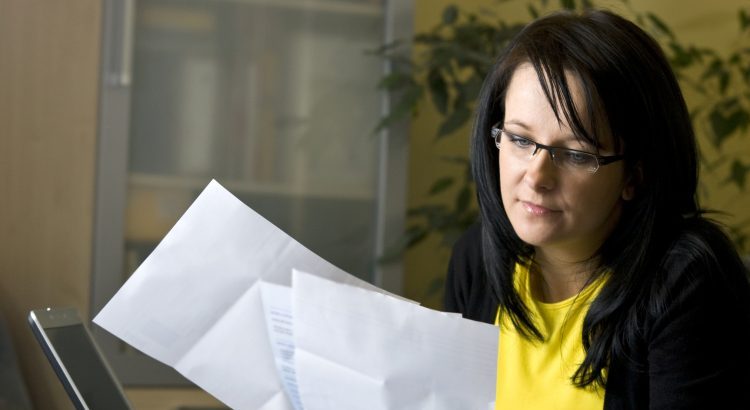FROM OUR PARTNERS

Most consumers aren’t familiar with Chexsystems.
This remains the case until they are denied a new bank account or a merchant declines to accept their check.
The chances are there is a negative report of banking history that’s reported by ChexSystems.
Here’s how ChexSystems works.
According to the National Consumer Law Center, 80% use a customer reporting agency (such as ChexSystems or Early Warning Service) to prescreen new customers applying for bank accounts.
This reporting agency is affiliated with the Fidelity National Information Services (FNIS), which provides technical support and banking software for institutions.
Chexsystems is a consumer reporting agency that tracks checking and savings accounts. It keeps track of people who have misused a checking or savings account, for example, by having unpaid fees and bouncing checks.
It is similar to credit reporting agencies such as Equifax, Experian, and Transunion. The credit reporting agencies collect data on customer loans and credit card history.
Chexsystems doesn’t affect your credit score or factor in the banks’ decision to offer you credit.
Services provided by Chexsystems fall under the regulation of the Fair Credit Reporting Act (FCRA). A federal law that details how consumer credit information can be collected ad used.
Banks and credit unions reference your baking reports when applying for a new checking account and use them to qualify you for a bank account.
» If you are having a hard time opening a bank account, here’s what to do
This reporting agency keeps track of your checking and savings account activity. Its network comprises financial institutions, reporting information on mishandled checking and savings accounts to a central location.
It then shares this information among its members, better equipping them to assess risk.
Unfortunately, the factors for reporting a consumer to ChexSystems vary depending on each bank. This being the case, there can be extremely high-risk customers in the database and some who shouldn’t even be there.
ChexSystems provides information on an individual in the form of a report or a banking score.
The institution’s primary responsibility is to provide financial institutions like banks and other credit agencies with financial data, credit history, and credit score of an account or credit applicant.
The Fair Credit Reporting Act guides ChexSystems; this means that any information they disseminate must be complete and accurate. The organization should protect customer’s privacy at all times to avoid incidences such as forgery and identity theft.
The firm also protects banks and credit agencies against individuals with poor banking history like fraud and unpaid debts. It continually updates the list of poorly managed and maintained savings and checking accounts.
The Federal law allows you one free report per year. You can quickly get a copy of your information by:
You can get an additional report for free if the bank or credit union denies your application based on the report’s contents. This applies if you have been denied an account in the last 60 days. You will generally receive the report within five business days via mail.
Chexsystems establishes a consumer risk score based on your report. Unlike credit scores that range from 300 to 850, risk scores vary from 100 to 899. A higher risk score means the consumer is less risky.
Some outlier scores can pop up when ChexSystems review your banking history. For example, a 9998 code means that the social security number used to apply for a checking account belongs to a deceased person. A 9999 code means there is insufficient information available about your banking history to generate a score.
It is possible not to have a score. If you have good banking habits, then there may be no negative data on file to generate a score. It is also possible to have a good credit score and a low banking score because the information used to determine each score doesn’t necessarily cross over.
While most banks use this banking report to determine your eligibility for a bank account, the criteria used to evaluate the report differs from bank to bank.
To get the score, you will need to mail the score request form to ChexSystems and pay a fee.
Consumers that create financial risk for the bank are blacklisted by ChexSystems and cannot open new accounts.
The most significant impact of having a negative report is that banks may deny your application to open a checking account. This, however, does not mean that you have to be unbanked and dismissed from the banking system.
Some banks offer second chance checking accounts for people who have messy bank histories. This unique account works like a traditional checking account.
It can be more restrictive with fewer features and low limits. It provides you with the opportunity to rebuild your financial standing.
Additionally, they provide an excellent way to maintain responsible banking behavior and help you get back into the financial system.
Approach your report and file proactively and file a dispute if you find any inaccurate information. Also, consider a second chance checking account to rebuild positive banking history.
Understanding how ChexSystems works will equip you to manage your money better.
In case you already have a low score or have been denied an account, it’s not the end of the road.
There are several strategies you can employ to help you get off ChexSystems blacklist.